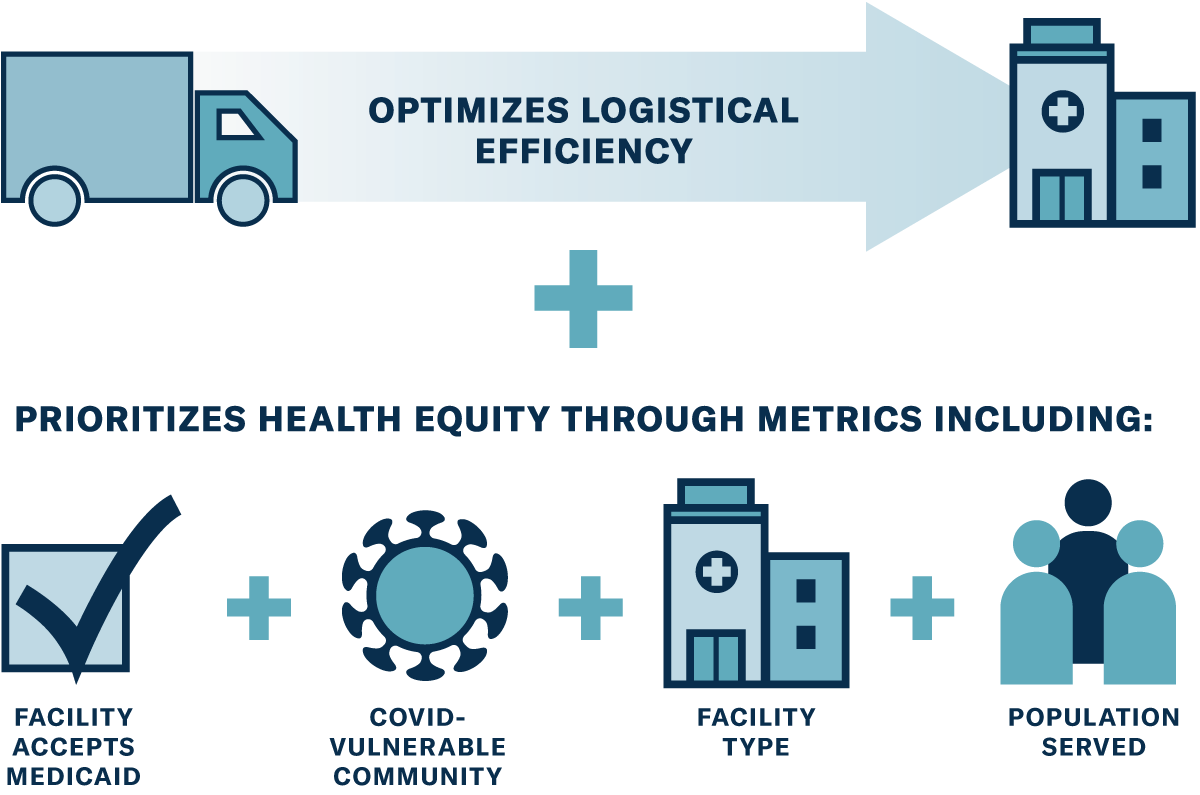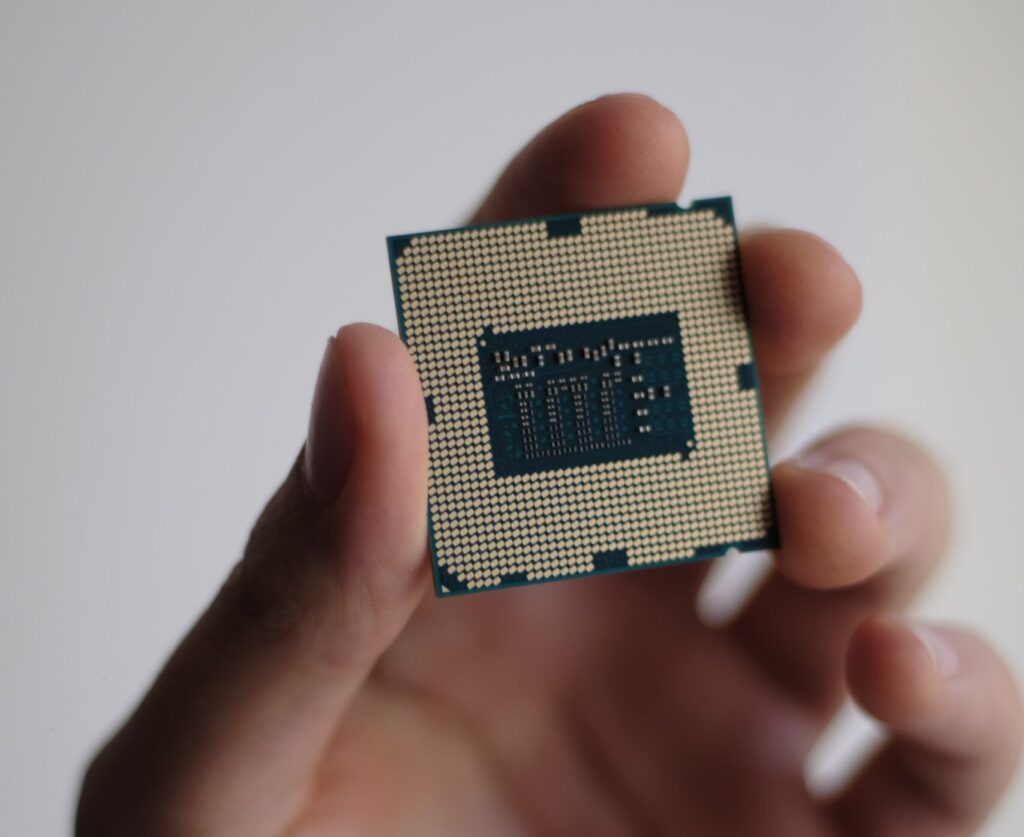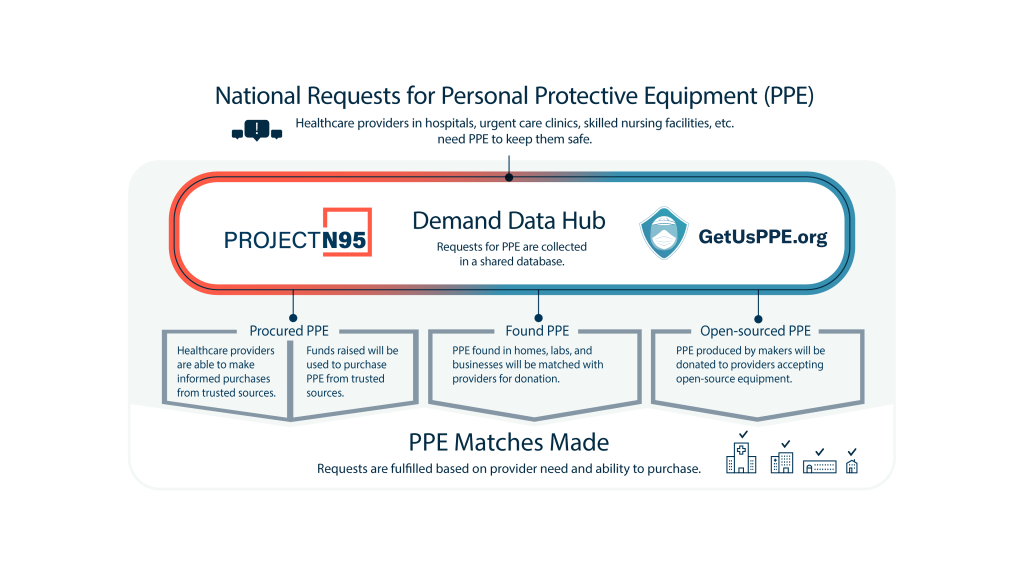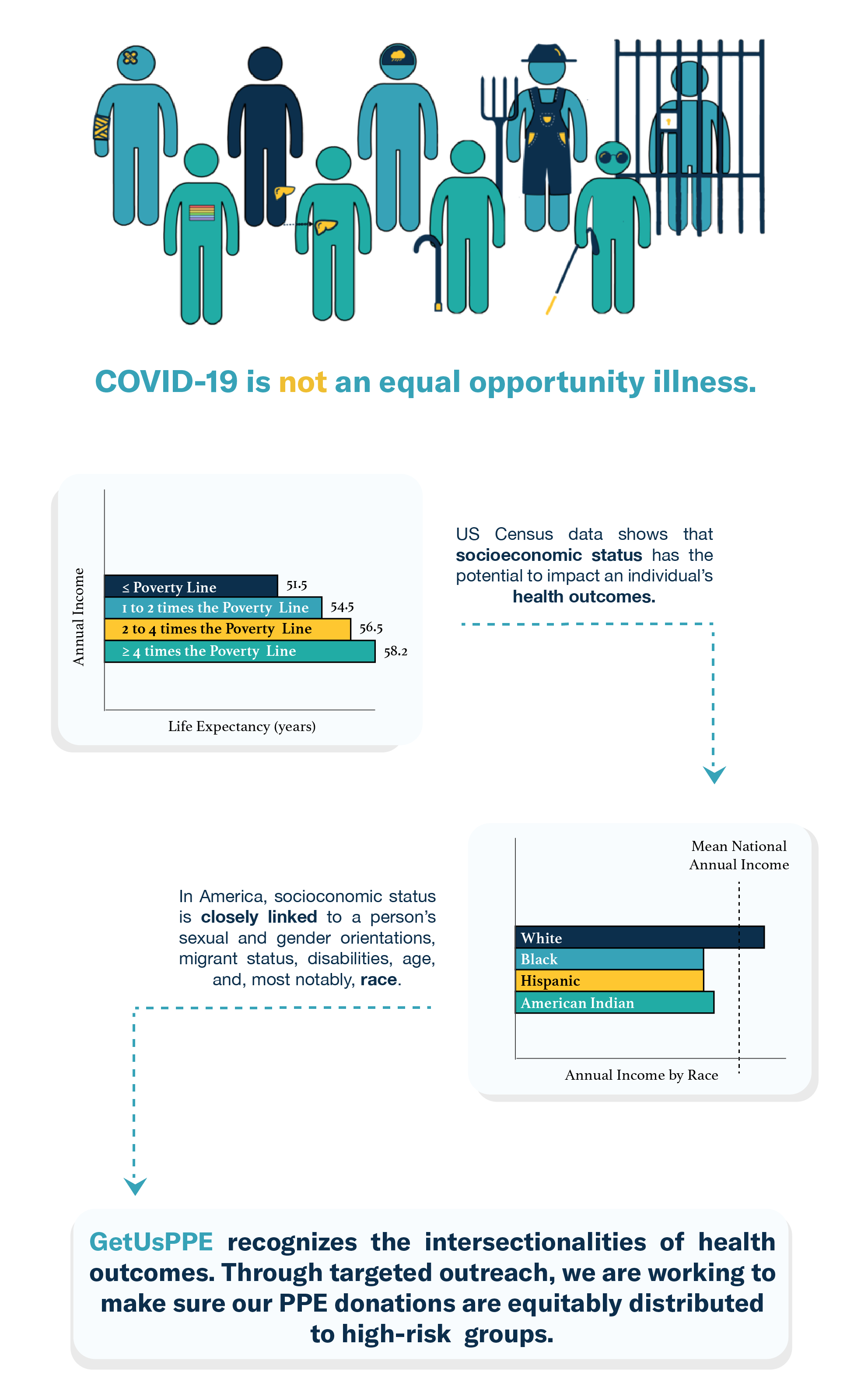Get Us PPE has developed the first AI matching algorithm that optimizes efficiency and equity in distributing scarce resources in a crisis.
Demand for PPE is so high that Get Us PPE can only fill 15% of requests. Therefore, a team of supply chain management experts designed this algorithm to match PPE donations with the facilities most in need, using technology similar to Uber’s rider-driver matching software.







